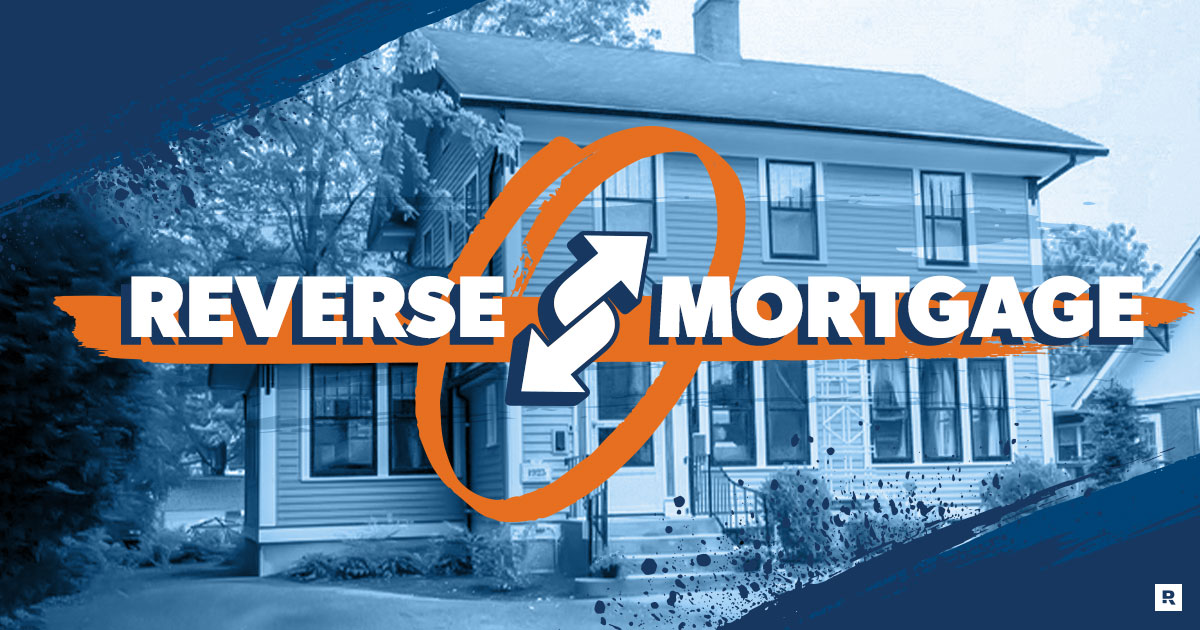Debunking the Common Misconceptions of Reverse Mortgages
Reverse mortgages have long been a topic of discussion and debate. As eight out of ten Americans still live in their homes at the age of 60, reverse mortgages are a viable option for many. These financial tools aim to allow seniors to access equity in their homes while remaining residents.
Reverse mortgages offer many potential benefits, yet are often misunderstood and discouraged as an option for retirement planning by eligible individuals. In this article, we explore some of the more prevalent misconceptions related to reverse mortgages as well as provide a clear explanation of how they work.
Common Misconceptions of Reverse Mortgages
Losing Ownership of Your Home
One prevailing misconception about reverse mortgages is the unfounded fear of relinquishing ownership of your cherished home. It’s important to clarify that when you opt for a reverse mortgage loan, you retain full ownership and control of your property throughout the entire loan period. The lender does not, under any circumstances, assume possession of your home. Rather, it acts as a financial arrangement to allow access to some of your equity while maintaining residency in your own home.
As with a conventional mortgage loan, the borrower remains responsible for property taxes, homeowners’ insurance, and upkeep of their home. The loan repayment will only occur upon selling or permanently leaving. Unfortunately, loan repayment may also occur upon the death of one of the borrowers.
Understanding this key distinction can help dispel the apprehensions that often surround reverse mortgages, empowering you to make an informed decision about your financial future without the undue worry of losing your cherished abode.
Negative Impact on Heirs
There’s a common belief that taking out a reverse mortgage will burden your heirs with debt, when in reality these loans are non-recourse, meaning the loan amount cannot surpass the value of your home. If the loan balance surpasses the home’s value when it’s sold, the lender absorbs the difference, not your heirs. Furthermore, your heirs have the option to repay the loan and keep the home, or sell the home to settle the loan balance.
Limited Loan Options
Contrary to the misconception that reverse mortgages offer only a single, rigid loan option, the reality is far more diverse. While the home equity conversion mortgage (HECM) is the most widely known, private lenders also offer proprietary reverse mortgages, each with distinct terms and features.
These alternative options can cater to your specific financial needs, whether you seek a lump sum, regular monthly disbursements, a line of credit, or a combination thereof. By exploring these various avenues, you can tailor the reverse mortgage to align with your retirement goals and achieve the financial security you deserve. Recognizing the array of choices available ensures that you can select the loan structure that best suits your circumstances and aspirations, breaking free from the confines of limited loan misconceptions.
This flexibility also allows seniors to use the funds to cover essential expenses, medical bills, home improvements, or simply enhance their quality of life during retirement.
Monthly Mortgage Payments Required
One misconception about reverse mortgages is that they require monthly payments similar to traditional loans when in reality, this simply isn’t the case. These mortgages were designed specifically to provide financial relief to older homeowners by turning some of their home equity into tax-free loan proceeds without incurring monthly repayments.
Rather, when they are no longer using their home as their primary residence or they pass away, the loan becomes due. This makes reverse mortgages an attractive solution for retirees looking for ways to supplement their income and maintain quality of life without adding another monthly bill to their budget.
High Fees and Costs
While it’s true that reverse mortgages come with fees and closing costs similar to traditional mortgages, the costs are regulated and can be financed into the loan. The FHA limits origination fees on home equity conversion mortgage (HECM) loans to ensure that borrowers do not overpay. As with any financial decision, it is important that you carefully evaluate all terms, costs, and potential advantages prior to proceeding with this option.
Impact on Government Benefits
Another misconception regarding reverse mortgages is that their proceeds could affect eligibility for Social Security, Medicare, or Medicaid benefits. In reality, the proceeds from a reverse mortgage should be treated as loan advances rather than income and do not count against eligibility criteria. This means that these government benefits are generally not affected. However, it’s recommended to consult a financial advisor or benefits specialist to understand the potential impact on your specific situation.
In Closing
Reverse mortgages have garnered a reputation for being complex and risky, but many of the misconceptions surrounding them are unfounded. These financial tools can offer a lifeline for seniors seeking to enhance their retirement lifestyle or cover essential expenses.
By dispelling these misconceptions about reverse mortgages, you can get a more informed perspective of their inner workings and where they fit into your retirement planning strategy. Before making any major financial decision involving reverse mortgages, conduct thorough research, and seek professional advice when needed, so you can come to an informed decision that suits both your unique needs and budget.

















